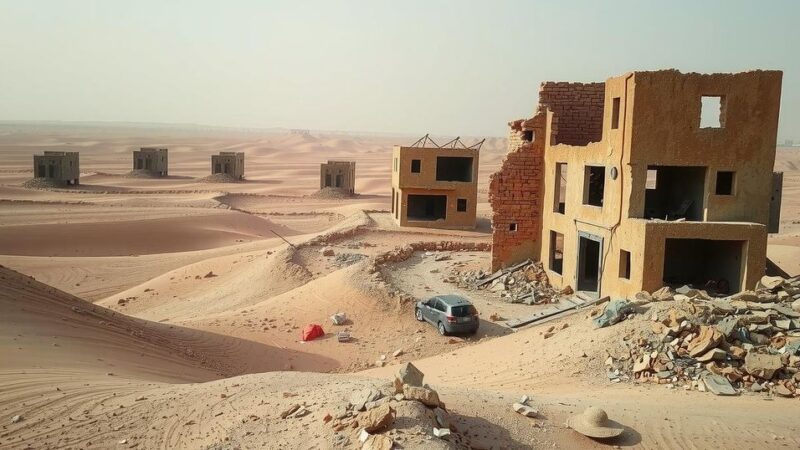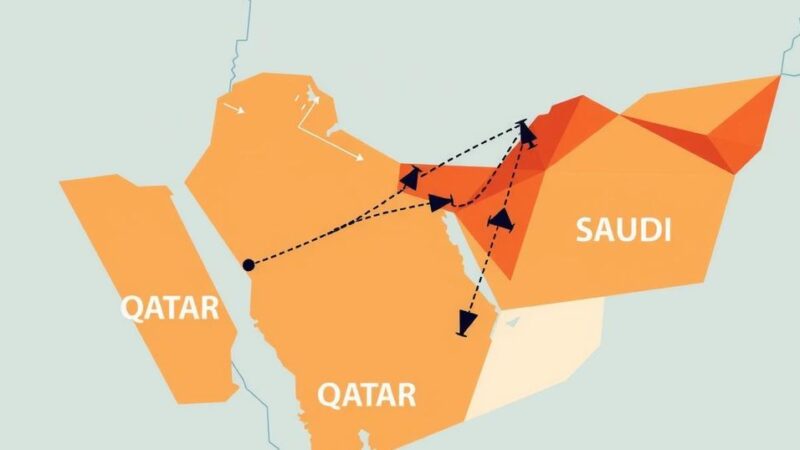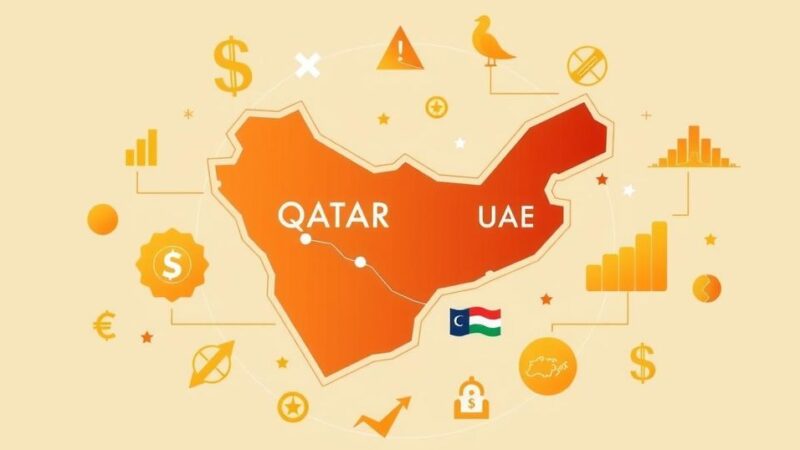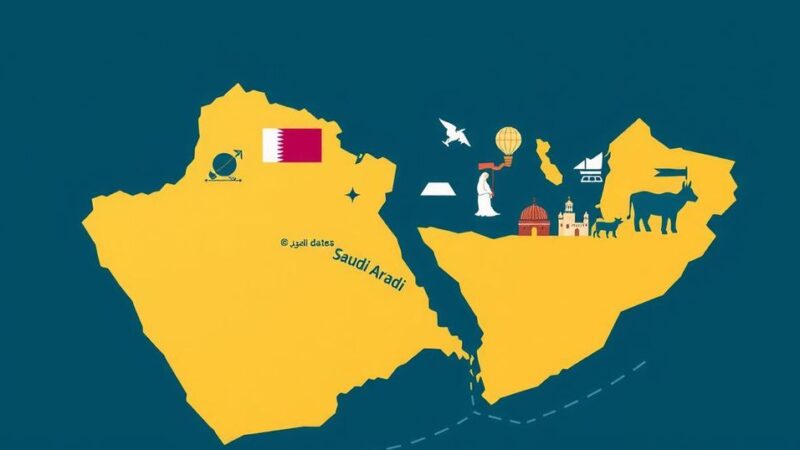M23 rebels withdrew from peace talks with Congo’s government after EU sanctions were imposed. The sanctions were viewed as obstructive to negotiations aimed at resolving the conflict. The ongoing strife in eastern Congo, linked to Rwanda’s historical actions and mineral resource competition, continues to escalate with significant humanitarian impacts. Conflict remains complicated by international relations, particularly with Belgium.
On Monday, the M23 rebel group, backed by Rwanda, announced their withdrawal from peace talks with the Democratic Republic of Congo’s government, just one day before the scheduled meeting in Angola. The rebels attributed their decision to sanctions imposed by the European Union earlier that day against M23 and Rwandan officials, stating that these actions aimed to obstruct the anticipated negotiations.
The M23 has persistently sought direct discussions with Congo’s leadership, but President Felix Tshisekedi previously rebuffed such proposals, claiming that M23 acts as a proxy for Rwanda. Following military setbacks, Tshisekedi agreed to send a delegation to Luanda, although following M23’s departure from the talks, a government spokesperson confirmed that Congo would still participate at the mediators’ invitation.
The ongoing conflict has deep historical roots, stemming from Rwanda’s 1994 genocide and competition for the region’s lucrative mineral wealth. The situation has escalated significantly since January, with M23 capturing the two largest cities in eastern Congo, resulting in thousands of fatalities and mass displacement of individuals.
International monitors, including the United Nations, accuse Rwanda of aiding the M23 rebels with weaponry and combatants. In response, Rwanda argues that their military actions are defensive against hostile forces perpetuated by the Congolese army and various militias.
The EU’s sanctions represent one of the most comprehensive responses to the M23 and Rwandan entities since the violent resurgence began earlier this year. Analyst Zobel Behalal noted that these sanctions target Rwanda’s mining sector and gold refining operations, highlighting the significant role of natural resources in fueling the conflict. The M23’s Congo River Alliance criticized the sanctions, claiming they hinder the likelihood of constructive engagement and progress.
In a related diplomatic fallout, Rwanda severed ties with Belgium after accusations were made regarding Belgium’s call for a stern EU response against Kigali. The Rwandan government ordered Belgian diplomats to exit the country within 48 hours, to which Belgium’s Foreign Affairs Minister responded by asserting reciprocal measures against Rwandan representatives, labeling Rwanda’s actions as excessive.
In conclusion, the M23’s withdrawal from peace talks in light of EU sanctions illustrates the complexities of the ongoing conflict in eastern Congo, rooted in historical grievances and competition for resources. The situation remains tense, with international accusations against Rwanda complicating diplomatic interactions. The Congolese government intends to participate in discussions despite the disruption, highlighting the continuing challenges to achieving a peaceful resolution in the region.
Original Source: www.straitstimes.com






